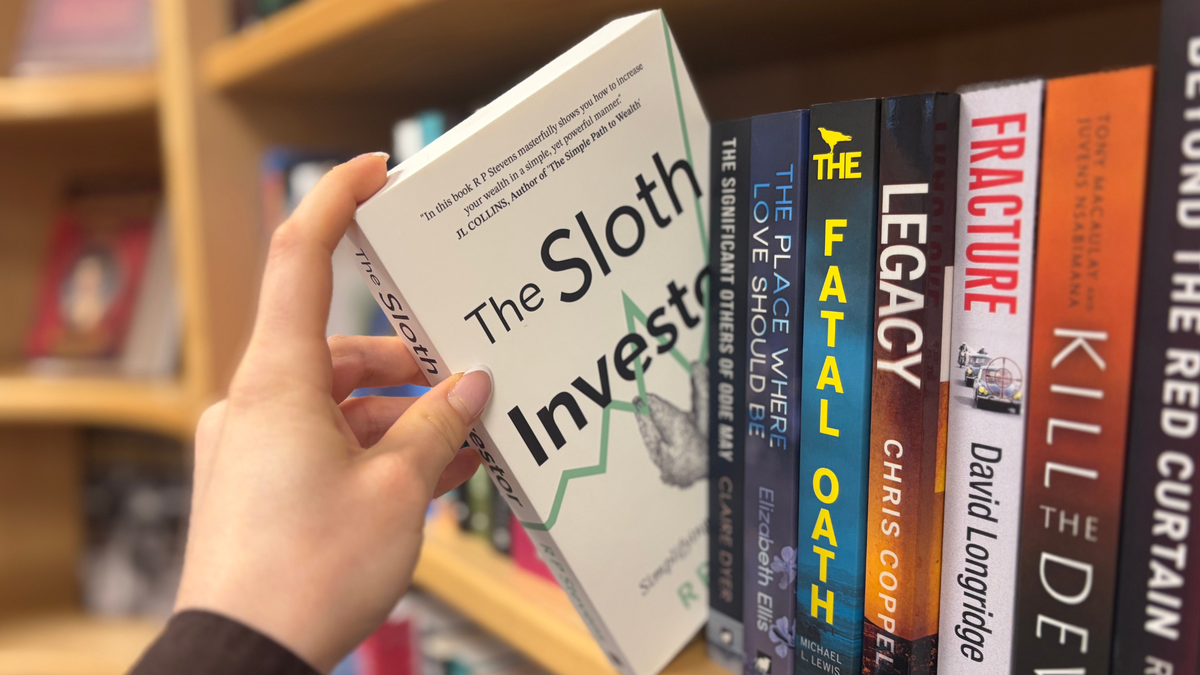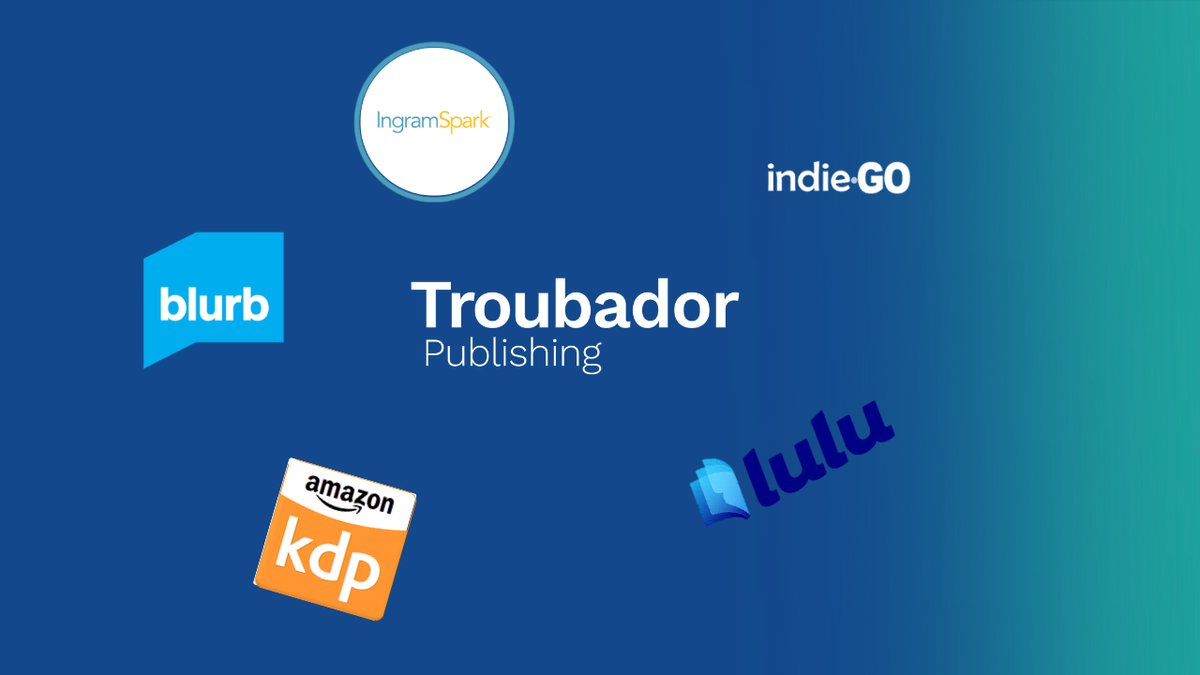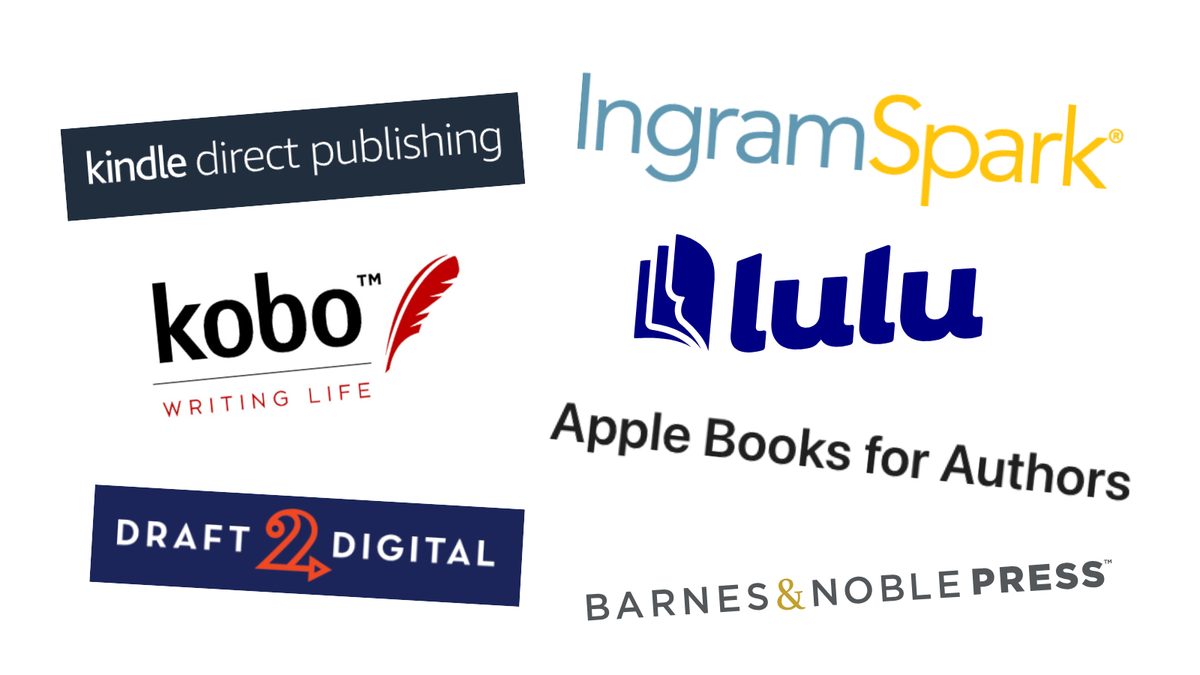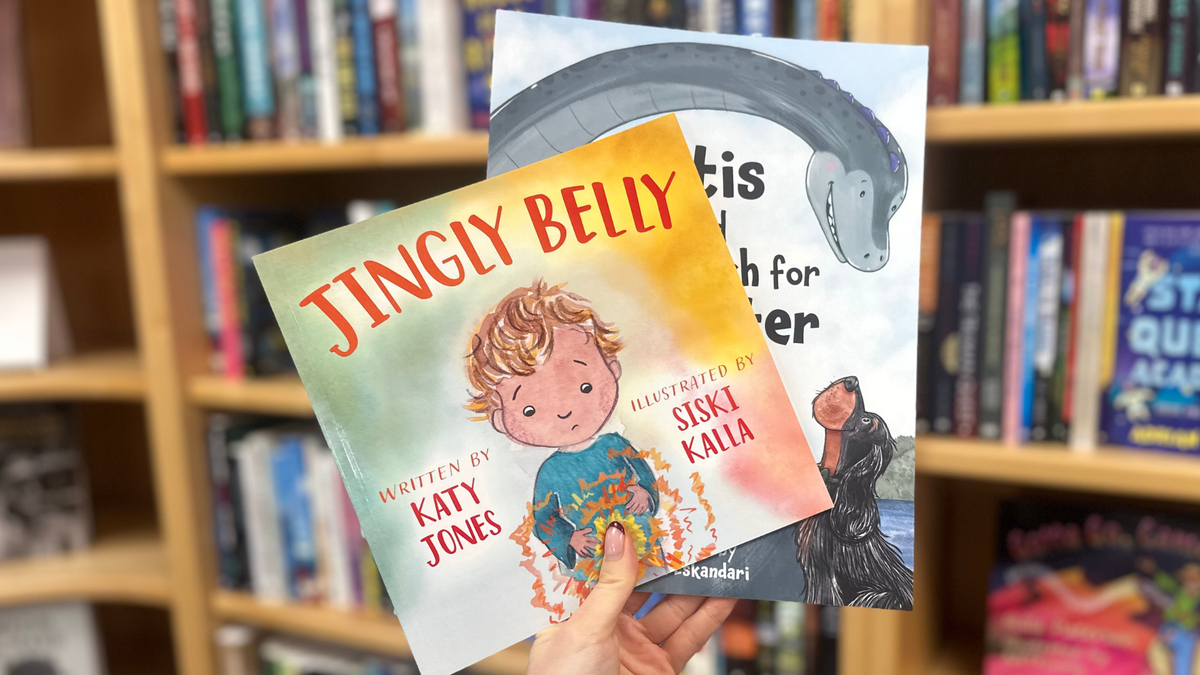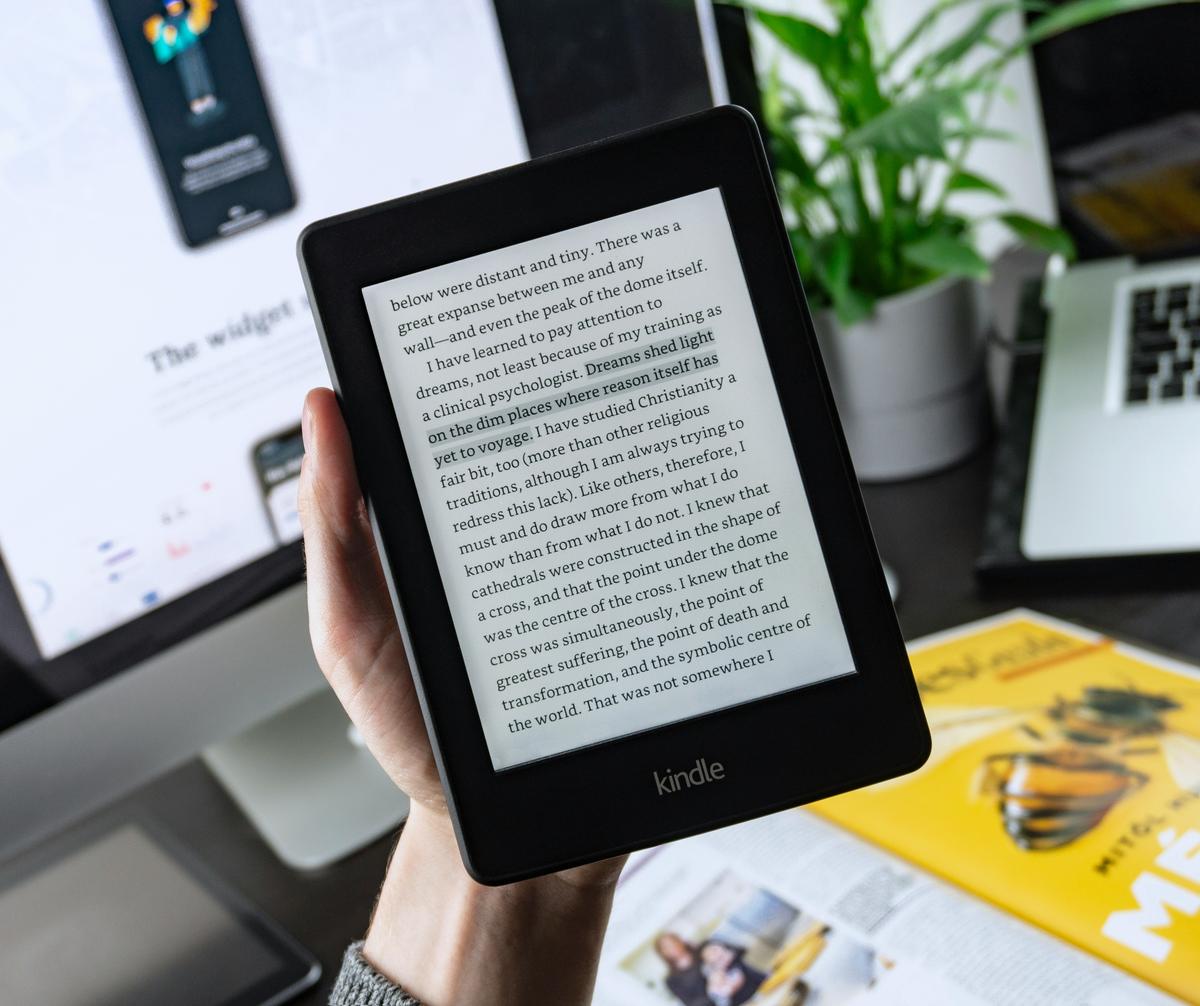
4th October, 2023
6 min read
Why do Authors Self-Publish?
Written by:
Jane Rowland
At its most basic level, self-publishing is when an author uses their own resources to pay to publish, market and distribute their book without the financial assistance or publishing expertise of a mainstream or traditional publishing company. This allows an author to retain control over their work but also requires them to have publishing, editing, design and marketing skills – which many writers do not possess.
Some self-publishing authors define self-publishing as a process in which they – literally – do everything themselves (ie., write the book, design the cover, typeset it, purchase their own ISBN, arrange printing and distribution and marketing). This type of author might refer to themselves as an ‘authorpreneur’ – they develop and hone the skills to act as a publisher to their own work and become a marketing expert.
It is more common, however, for authors to use the services of a self-publishing provider to assist them with some or all of the book publishing, printing and marketing because they want a high-quality product which is harder to achieve if they do it all themselves.
Authors with no publishing experience can make decisions about book design and distribution which could hinder them when marketing and selling the books. If a self-published book has been produced properly, then it should be indistinguishable from a mainstream published book and easily orderable. To achieve this authors should understand why they are self-publishing so that they can ensure they get the correct end product.
There is also a common misperception that Print on Demand (POD) - where copies are printed and sold to order and no stock is printed upfront - IS the only way to self-publish. This is not the case - while it is true that many self-publishing authors opt to use Print on Demand services such as KDP and Ingram Spark, it is certainly not the only way to self-publish. If you have aspirations of selling to bookshops and the book trade (beyond seeing your book available on Amazon) POD might not necessarily be the best way to produce your book either. Do your research as part of deciding why you might self-publish.
So why do authors choose to self-publish?
The majority of writers who choose to self-publish today do not undertake this as a last resort because they failed to get a mainstream publishing deal. Yes, some writers do opt for self-publication at the point when they have not placed a book successfully with an agent, but there is a huge and inspiring range of reasons why authors now make self-publishing their first choice:
-
Direct Access: If an author has direct access to the market/readership that their book is aimed at AND they want to maximise their profits, producing and selling their book themselves will give them the greatest returns. They can also leverage the content for different audiences and control the market to the title. Direct selling (via your website or face-to-face) will always give you the best returns as you are not having to factor in book trade discounts of the RRP).
-
Niche: Targeting a niche market that is too small for a mainstream publisher to see as profitable can offer a nice return for a canny self-publishing author. Niches can be anything from non-fiction (hobbies, local history) to genre fiction (certain fantasy and romance). It is easier to write and market to a niche audience than write a book 'everyone' will like.
-
Control: Increasingly, authors choose to self-publish because they want to maintain control of every aspect of their work. An author gets less say over the look, editorial direction and marketing around their book with a mainstream publisher, but this is not the case when they are the publisher – and this is now a key reason why authors choose to self-publish.
-
Hobby: A lot of authors we work with enjoy writing and publishing and see it as their hobby or leisure activity. They publish because it gives them pleasure and they enjoy the creative process as well as the marketing and getting out and about to talk about their book.
-
Business: I see a lot of authors who self-publish books that support their business, such as training, workshop guides or promotional tools for business purposes. Motivational speakers and leadership consultants who want a book to sell after their events can really benefit from self-publishing. Wellbeing practitioners also see the benefit of self-publishing to support their client-facing work. You can read more about the case for business self-publishing here.
-
Reversion of rights: It's also increasingly common for authors who were published by the mainstream, to opt to self-publish their books to keep them in print once their rights have reverted to them. In fact, many authors choose to self-publish to keep control of the rights to their work in such cases.
-
Testing the water: There are, of course, still authors who want a mainstream deal and self-publish to test the water, get marketing feedback and sales data that they can then use as a persuader for literary publishers and publishers. These days there is a healthy flow of books that have been self-published being picked up by the mainstream. But there are (of course) no guarantees.
-
Memento publishing: A grandparent publishing a book of stories for their grandchildren, a memoir, or a collection of family stories – sometimes people just want the longevity of their family memories in book format as a keepsake.
Self-publishing to make money?
One reason for self-publishing you’ll notice we’ve not included the above list is when authors look to publish to make money. Why? Well if you self-publish because you want to have a bestselling book, to become famous, or to earn thousands in royalties – it is more likely you will be disappointed.
Huge financial success is not the aim or the outcome for most self-publishers. The dynamics of the book trade, the discounts bookshops need to be able to function, and the maximum cover prices readers are willing to pay mean that book publishing is a low-margin business (which is facing ever-increasing costs to produce the books) and this is true if you are self-publishing or a Big Five UK publisher.
If you are considering self-publishing simply to make money, then work out very carefully the costs and returns that look likely (not just those you desire). Writing, no matter what route you take - professional, mainstream, as a self-publisher or part-time - is not necessarily a lucrative business. A recent ALCS report on author earnings from 2022 actually showed a 33% decrease in author earnings compared to 2006 - the report is worth a read.
So we suggest having a clear idea of why you might self-publish and deciding what your motivations for publishing are. Is this for business, retaining control of your project, for a hobby or for pleasure… producing a book that meets your aims is the simplest way to ensure success for you.
If you are reading this blog then you are interested in publishing your own work and are doing your research - which is great, as the most successful self-publishing authors are those who have done background reading and know how and why they are taking this route. Even with the support of a publishing services provider like Troubador, there is still plenty of involvement the author needs throughout the process.
And remember, if you do wish to self-publish and invest in your book then you need to apply the same common sense that you would to choosing or paying for any service:
- Research the firm you want to use.
- Rheck anything before you sign.
- Understand what you must pay and when and be cautious.
- Take a look at Google and TrustPilot reviews for that firm.
- Use social media to speak to other authors who have used the services of your chosen self-publishing firm to see if they were happy with the end result.
Whatever path you choose, we hope you enjoy the journey!




